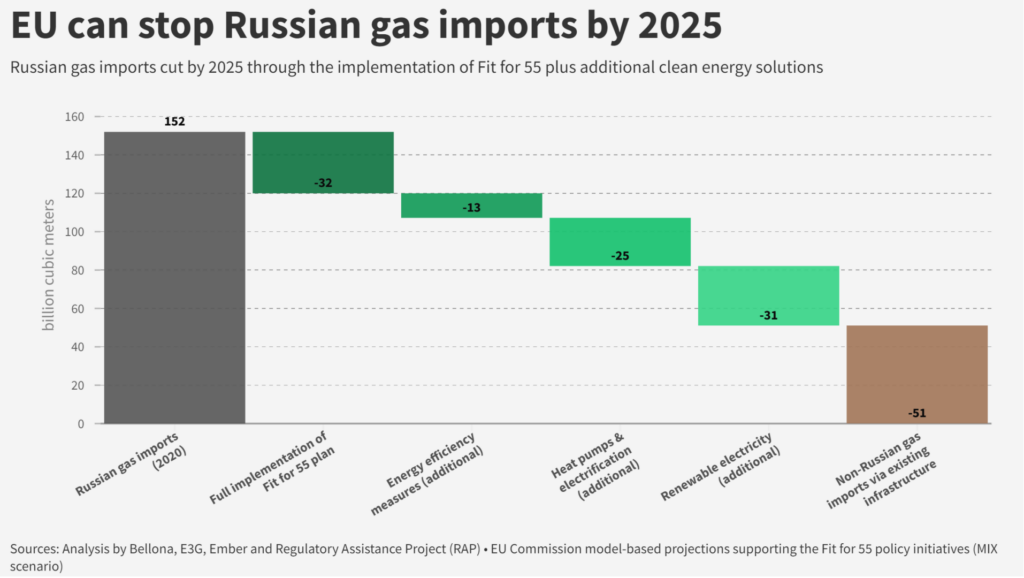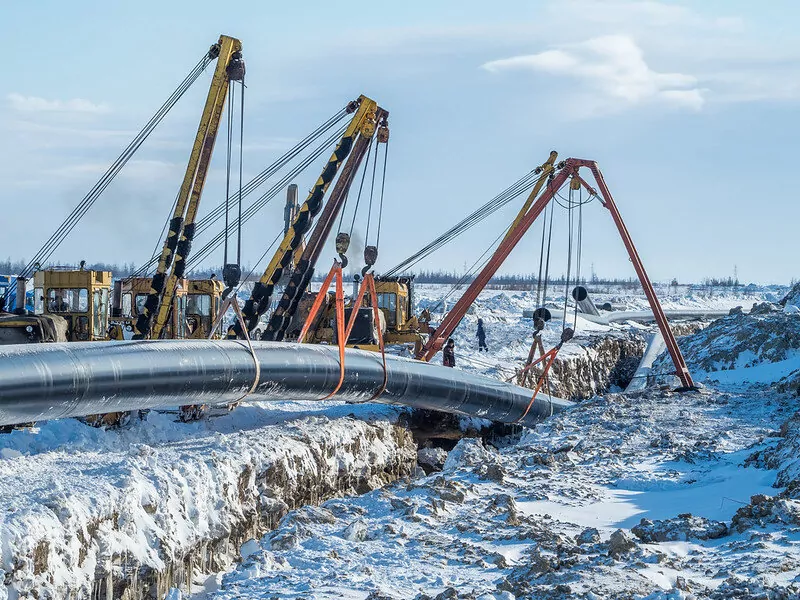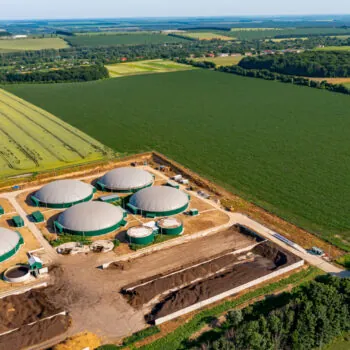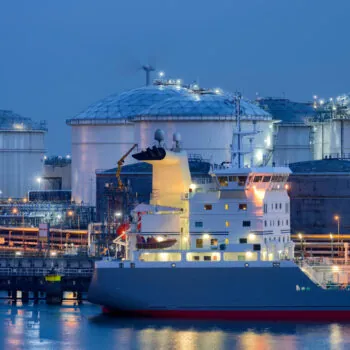The invasion of Ukraine has highlighted the geopolitical liability for the European Union from fossil fuel imports from autocratic regimes. In response, the European Union is looking for ways to replace Russian gas imports in the short term, taking critical decisions over investment in infrastructure and economic relationships. This joint analysis by Bellona, Ember, E3G and Regulatory Assistance Project finds that:
- Clean energy can replace two-thirds of Russian gas imports by 2025. Russian gas imports can be cut by 66% by delivering the EU’s Fit for 55 package and accelerating the deployment of renewable electricity, energy efficiency and electrification. This is equivalent to a reduction of 101 billion cubic meters. An urgent uplift in policy is now required to achieve the necessary level of implementation.
- New gas import infrastructure is not required. Security of supply and reduction of Russian gas dependence does not require the construction of new EU gas import infrastructure such as LNG terminals. 51 bcm of alternatively sourced gas imports via existing assets is sufficient.
- Coal power does not need to be extended. The above measures would enable the EU to achieve the necessary decrease in fossil gas demand without slowing the decline of coal-fired electricity generation.

Key recommendations to end Russian gas imports
- Policy: Make investments in energy efficiency an energy security priority and increase the ambition of and fast track key renewable energy and efficiency policy in the EU “Fit for 55” package. Identify latent reduction potential that can be fast tracked in line with climate targets, in particular in industrial end use of gas, inefficiencies in gas use (transformation losses, methane leakage), and through electrification of end-uses.
- Support: Support the roll out of renewables and electrification with investment programmes, administrative streamlining and a better market for demand side flexibility as well as long-term contracts. Clarify financial resources available to clean energy solutions under REPowerEU. Ensure that recovery funding allocated for clean energy is used to that effect.
- Capacity: Put in place capacity to monitor and respond to low carbon supply chain risks and scale skilled workforce. Put in place European Commission capacity for a whole economy approach to driving and monitoring progress. Ensure equity in the energy response.


